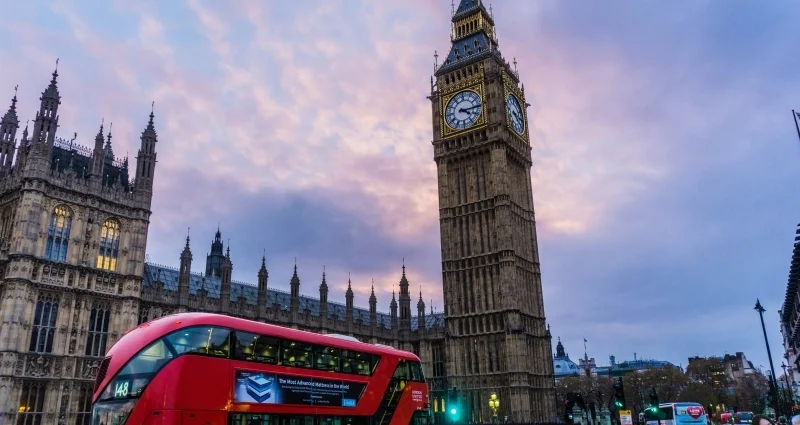‘The UK is likely to lose competitive share both within Europe and globally,’ says VisitBritain
- Brexit decisions, including the ban on EU citizens using identity cards for UK travel, have decreased tourism spending compared to pre-Covid, pre-Brexit numbers.
- VisitBritain forecasts a potential further decline in the UK’s international tourism standing due to the introduction of Electronic Travel Authorisation fees and rising tourism costs.
Brexit has spurred a downturn in the UK’s tourism industry, with the worst potentially still to come. This is according to the annual forecast by VisitBritain, the UK’s inbound tourism organization. The report reveals that spending has significantly dropped compared to 2019, the last year before the Covid-19 pandemic and the UK’s departure from the European Union.
The organization anticipates a record 43.4 million visits in 2025, with a spend of £33.7 billion. While this amount surpasses foreign tourist spending in 2019 by 19%, it represents a 9% decrease when accounting for inflation.
One significant Brexit policy implemented by Boris Johnson’s government was prohibiting over 200 million European Union citizens from entering the UK using identity cards. This move had a significant negative impact, particularly on the international student travel industry, according to Joss Croft, chief executive of UKInbound.
The situation might worsen, as per VisitBritain’s latest prediction. Starting from April, all foreign visitors, excluding Irish citizens, will be required to obtain an Electronic Travel Authorisation in advance, with the £10 fee set to increase to £16. VisitBritain suggests that this may slightly deter European tourists and could have a larger impact in markets where the UK is perceived as less welcoming.
Furthermore, the UK is projected to lose its competitiveness in the international tourism sector. “Forecasts suggest that looking forward the UK is likely to lose competitive share both within Europe and globally,” VisitBritain stated. The report also highlights the sharp increase in tourism prices, outpacing the overall rate of inflation in the UK economy.
The potential for growth in the UK tourism sector is significant, with an additional £4.4 billion per year in inbound spending by 2030 if it grows at the same pace as forecasts indicate for Western Europe.
Despite these challenges, the US remains the largest and most valuable visitor market for the UK, accounting for almost £1 in every £5 of inbound visitor spending. Patricia Yates, chief executive of VisitBritain, emphasized the importance of focusing on growth markets, including Australia, the US, major European markets, and the Gulf Cooperation Council countries, in order to meet the UK government’s ambitious goal of welcoming 50 million international visitors annually by 2030.
Discover more at The Independent.


